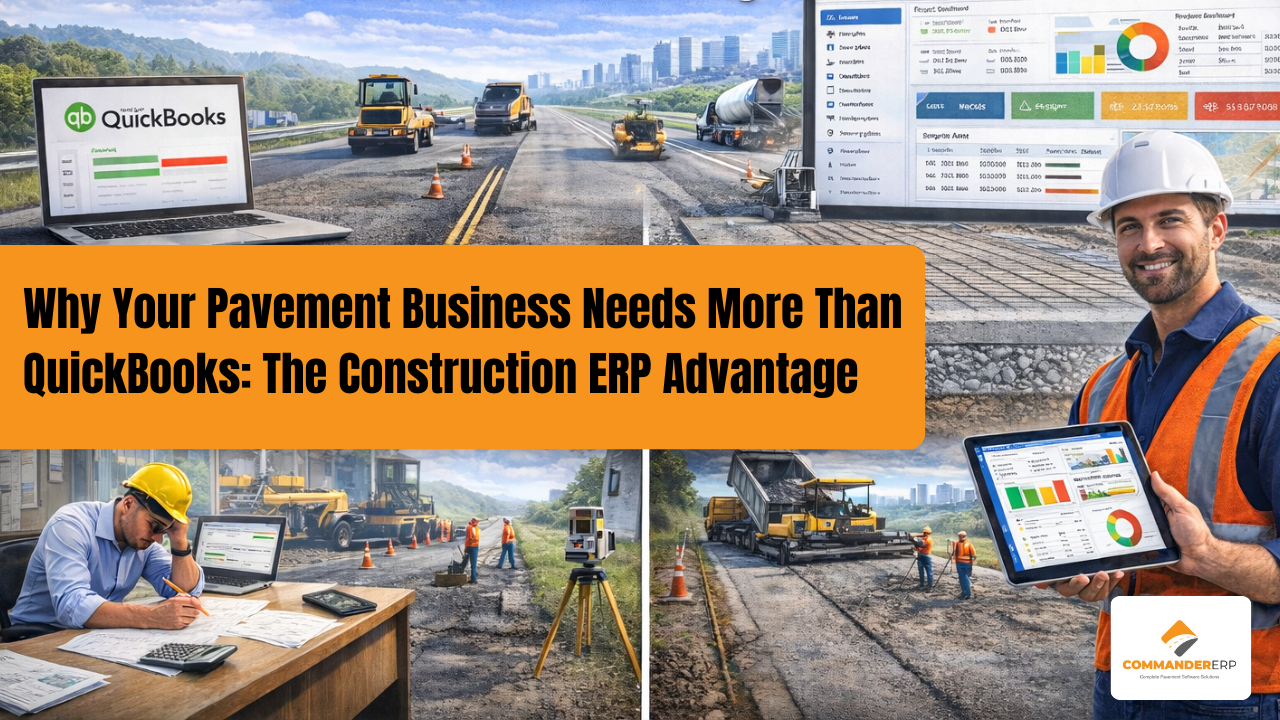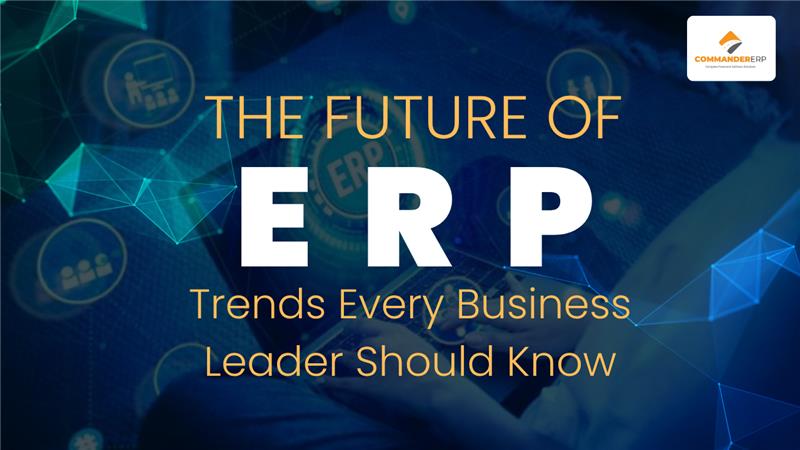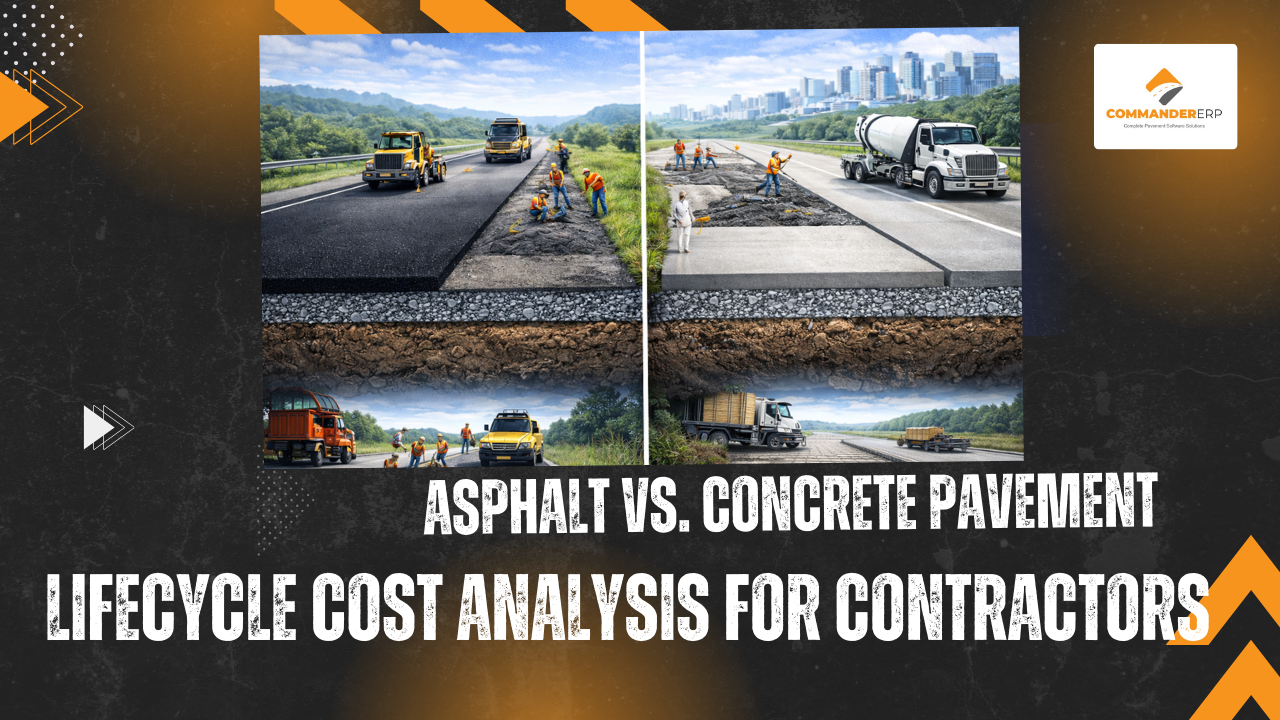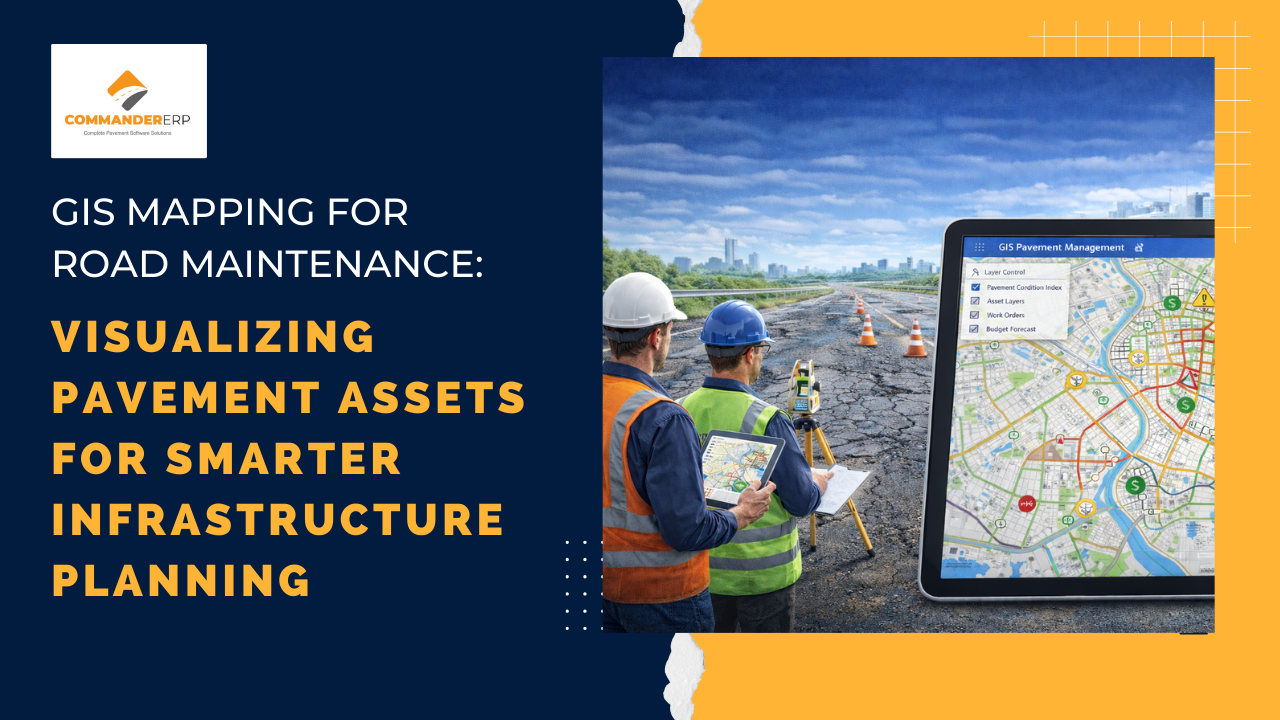
x
c
o
m
m
a
n
d
e
r
e
r
p
Blog
- Home
- Blog
- Commander ERP
- 2025-06-18
Future of ERP in 2025: Top 10 Trends That Will Shape Enterprise Software
As we know that running a business today isn’t easy. You’ve got too many tools, too much data in different places, and systems that just don’t work well together. Things feel slow, confusing, and hard to manage, especially as your business grows.
If that sounds like you, you’re not alone.
Many business owners, managers, and teams feel stuck with outdated software. It takes too much time to do simple tasks, and it’s hard to keep up with customer needs or changes in the market.
But the good news? ERP systems are changing for the better.
In 2025, ERP (Enterprise Resource Planning) isn’t just about managing accounts or inventory. It’s about using smart technology like AI, cloud, and automation to help your business run faster, smoother, and smarter.
In this blog, we’ll walk you through the top 10 ERP trends shaping the future and show you how your business can use them to save time, reduce stress, and grow with confidence.
1.Cloud-Native ERP Becomes the Norm
Access your ERP from anywhere, anytime.
Yes, old ERP systems needed expensive servers and could only be accessed from the office. But,cloud-based ERP changes all that, it works from any device with internet. You don’t need to manage hardware, and updates happen automatically.
This makes things faster, cheaper, and way easier for growing businesses. Cloud ERP also supports remote teams, improves collaboration, and lets you scale quickly as your business grows.
By 2025, most top ERP providers are going cloud-first because it's the smartest, most flexible option for modern business.
2.Artificial Intelligence and Automation at the Core
Your ERP just got a lot smarter.
Today’s ERP systems use AI to do more than store data, they actually help you make decisions. From predicting sales to automating invoices, AI can save hours of manual work.
It learns from your data, spots trends early, and suggests actions before issues happen. This makes your entire business faster and more proactive.
And with automation, routine tasks like approvals or stock updates run without needing your constant input.
It’s like having an extra assistant working 24/7 inside your ERP.
3.Modular and Personalized ERP Architecture
Build your ERP like a custom toolkit.
Not every business needs the same ERP setup, and that’s where modular ERP comes in. You can pick the parts you need like Finance, HR, CRM, or Inventory, and skip the rest.
This makes deployment quicker and more affordable. If your business grows or changes, you can add more modules anytime.
It also means less clutter and a cleaner user experience, your team sees only what’s relevant. In today’s fast-paced world, flexibility like this is key.
4.Mobile-First and Responsive Design
ERP that works wherever you do.
Your team isn't always at their desk, and your ERP shouldn’t be either. Mobile-first ERP lets you manage operations from your phone or tablet, even on the go.
You can check orders, approve requests, or monitor dashboards, anytime, anywhere. It also means field staff and sales teams can stay in sync without delays.
Modern features like push notifications and offline access keep things moving, even without Wi-Fi.
In 2025, being mobile isn’t optional, it’s expected.
5.Seamless Third-Party Integrations
Connect your ERP to everything else you use.
Most businesses use tools like Shopify, Tally, or CRMs, and your ERP should work with them smoothly. Today’s ERPs come with built-in connectors and open APIs that make integration easy.
No more double data entry or importing/exporting files manually.
Everything stays in sync across platforms, which saves time and reduces mistakes.
This turns your ERP into a central hub, where all your data comes together.
It’s like putting your business on autopilot.
6.Real-Time Analytics and Data Visualization
See your business clearly, right when it matters.
Modern ERP systems include live dashboards and real-time analytics, so you can monitor performance as it happens. You no longer have to wait for monthly reports to see what’s going wrong.
From sales drops to inventory gaps, you can spot issues early and fix them fast. These tools turn complicated data into clear visuals that anyone can understand.
That means smarter decisions across your team. In a fast-moving market, fast information = competitive advantage.
7.Enhanced Security and Regulatory Compliance
Protect your data and stay compliant.
ERP systems handle sensitive info, like employee records, financials, and customer data, so security is critical. The latest platforms offer strong features like encryption, role-based access, and audit trails.
They also help you meet standards like GDPR, SOC 2, or industry-specific regulations. You can sleep better knowing your data is protected 24/7. So regular updates also keep your system ahead of cyber threats.
In 2025, trust and compliance are just as important as performance.
8.Industry-Specific ERP Solutions
ERP that speaks your language.
Every industry works differently, and now ERP systems do too. Whether you’re in construction, retail, hospitality, or logistics, there’s an ERP built for your needs.
These solutions come with industry-ready features and workflows, so you spend less time customizing. Your reports, processes, and dashboards match what your business actually does.
This leads to faster rollout, smoother training, and higher ROI.
Hence, no more forcing a square peg into a round hole.
9.Sustainability and ESG Tracking
Track your environmental and social impact, right inside your ERP.
See, sustainability is no longer just a buzzword, it’s a business priority. Modern ERP platforms now include tools to track ESG goals like emissions, diversity, and ethical sourcing.
You can monitor and report on sustainability directly from your dashboard. This helps with compliance and also builds trust with customers and investors. Plus, being eco-conscious is great for your brand.
In 2025, every smart business will be tracking its impact.
10.Low-Code/No-Code Customization
Customize your ERP, no developer needed.
Changing workflows or building reports used to require developers. Not anymore.
With low-code/no-code tools, anyone on your team can create forms, dashboards, or automations.
It’s faster, cheaper, and way more flexible. Teams can adjust processes as needed, without waiting on IT. This boosts user adoption and makes ERP feel like it’s truly built for your business.
Final Thoughts
The future of enterprise resource planning is intelligent, agile, and deeply integrated into business strategy. By adopting these emerging trends in ERP, companies can drive Digital transformation with smarter ERP choices, reduce operational inefficiencies, and stay ahead in a competitive landscape.
As Gartner enterprise resource planning reports suggest, ERP has expanded beyond manufacturing into roles like analytics, supply chain visibility, and ESG reporting. Whether you’re investing in tier 1 ERP or exploring next ERP technologies like ERP Pro 10 or ERP Hotel, staying informed is key.
Looking to future-proof your business with a smart ERP solution?
AI. Automation. Real-time insights. Modular ERP.
You’ve read the trends, now experience them in action. Join the leaders investing in future-ready ERP platforms.



